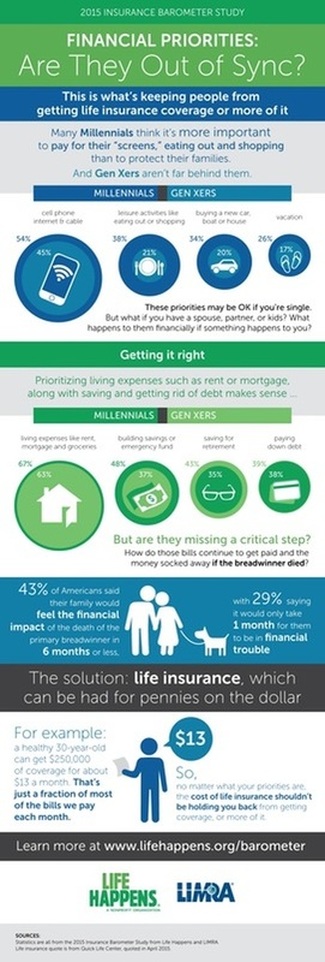Finally, through trial and error, we have identified a handful of programs with insurance companies that can deliver on their promises. The program below outlines the steps of the "No Life Insurance Agent" program and the information needed to get the process started. No agent, no up-sell, no meetings, no problem.
Information you enter online to start the process:
1. First & Last Name
2. Phone number
3. Email address
4. Date of Birth
5. Address (street, city, state, zip)
6. Last 4 digits of Social Security Number
7. Amount of coverage
8. Term Length (10, 15, 20, 25, or 30 years)
9. Are you replacing existing individual life insurance coverage
10. Submit and wait to be called for the phone interview
5 steps to approval
1. Submit basic information directly to the insurance company.
2. Complete phone interview (additional personal info, beneficiary information, and medical questionnaire)
3. Initial review completed by insurance company. It will be determined if an exam will be required or if the policy will go to final underwriting review (*see no exam guidelines below)
4. Final underwriting review and approval.
5. E-delivery of policy once approved
*Based on your age and face amount applied for, an exam may not be required based on the following:
1. Ages 20 to 40 up to $1,000,000
2. Ages 41 to 45 up to $750,000
3. Ages 46-50 up to $500,000
*All term lengths available 10, 15, 20, 25, and 30 years
Click below to apply now:
Run a preliminary quote by clicking the quote button.
Author
Brian Symanski - President
Symmetry Financial
4611 S. University Dr.
Ste 475
Davie, FL 33328
SymFinancialGroup.com











 RSS Feed
RSS Feed
